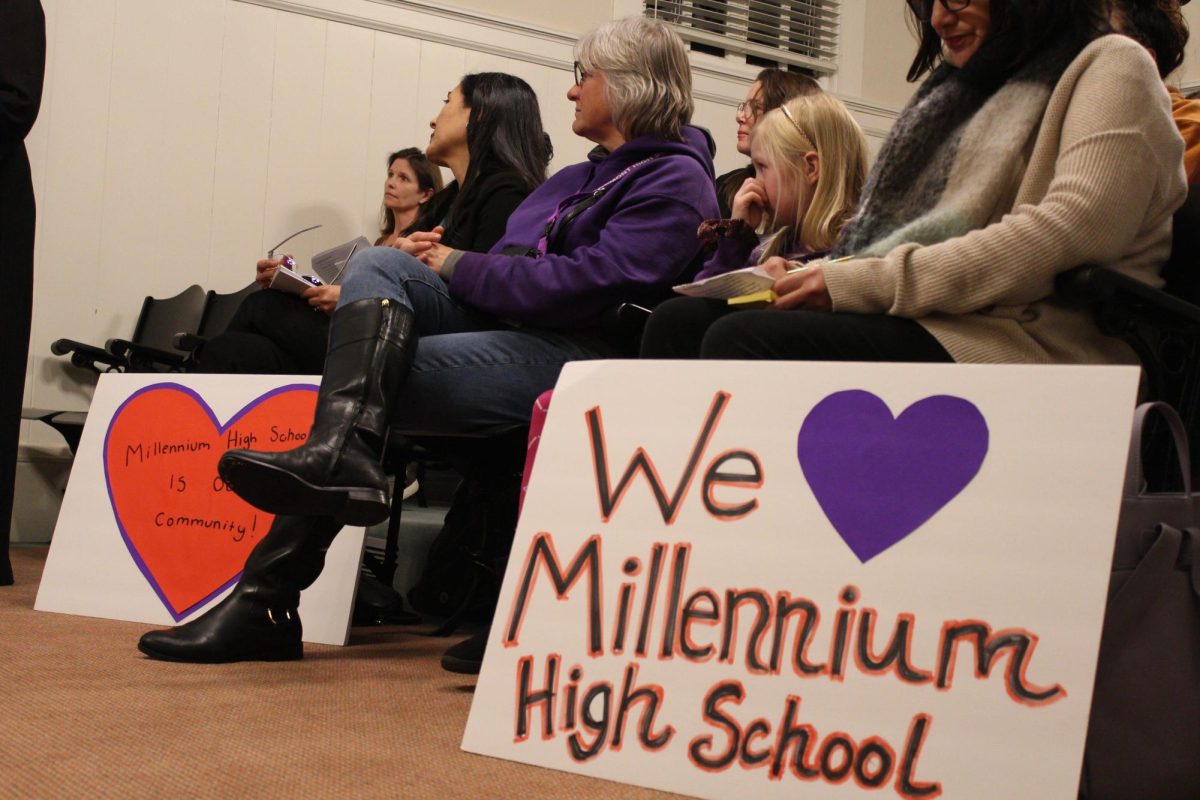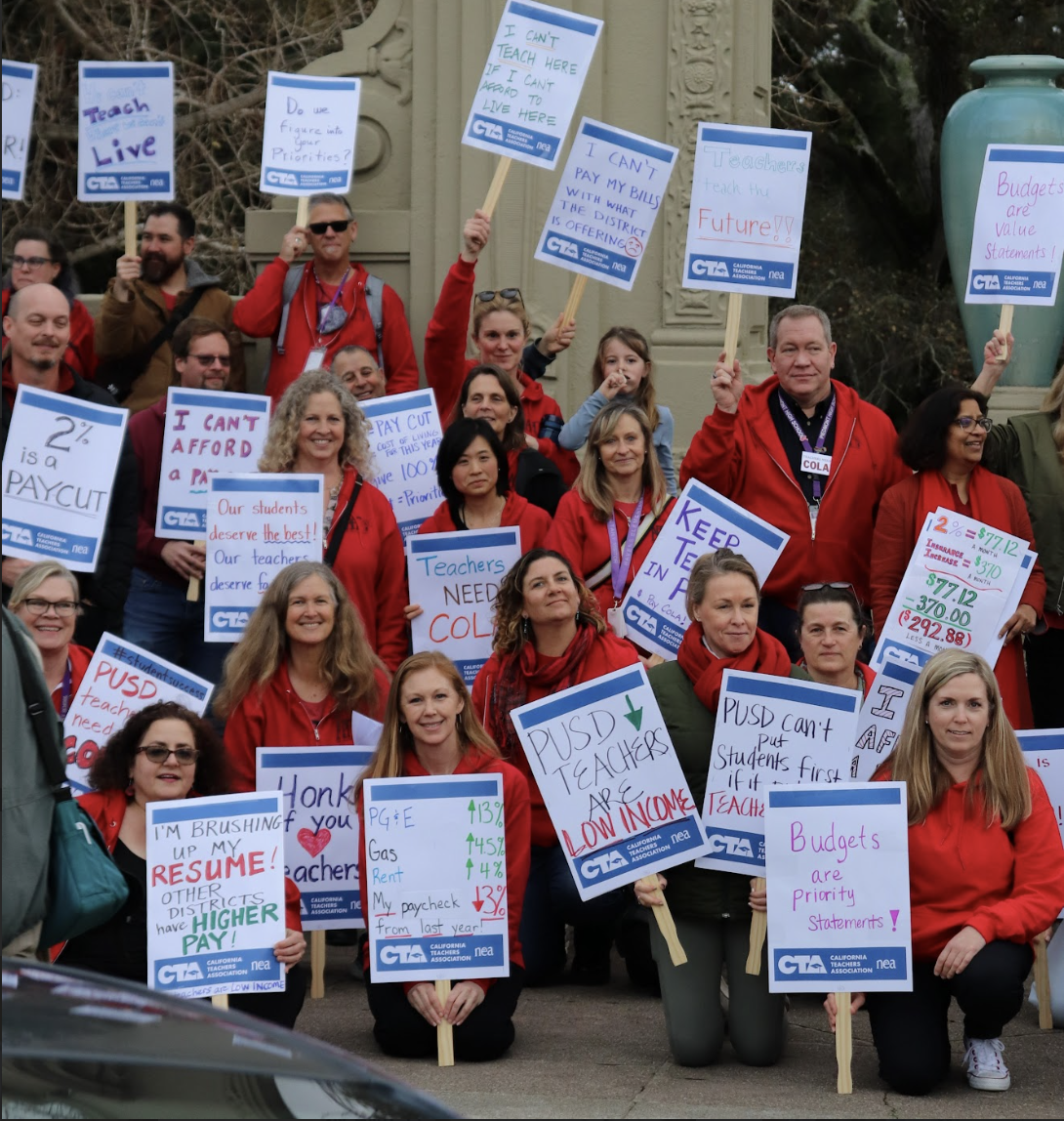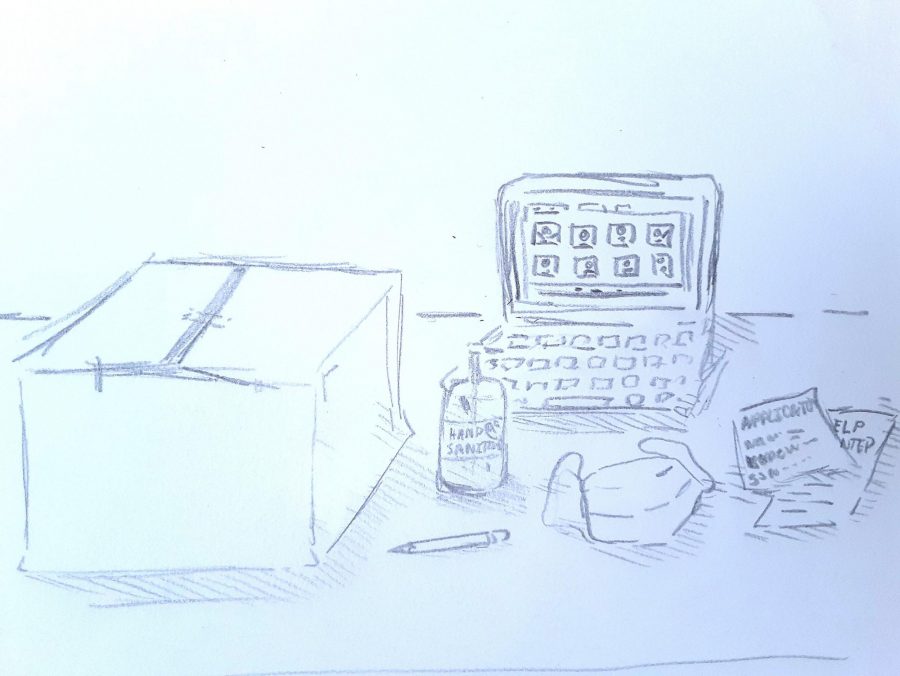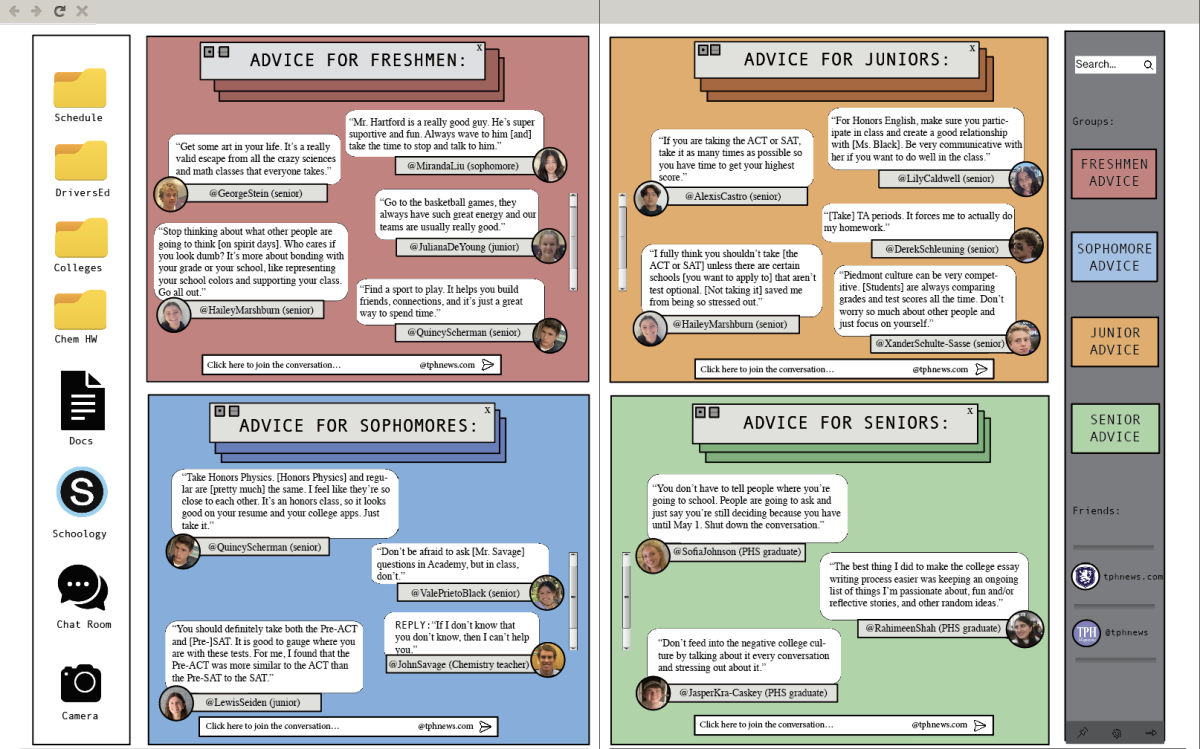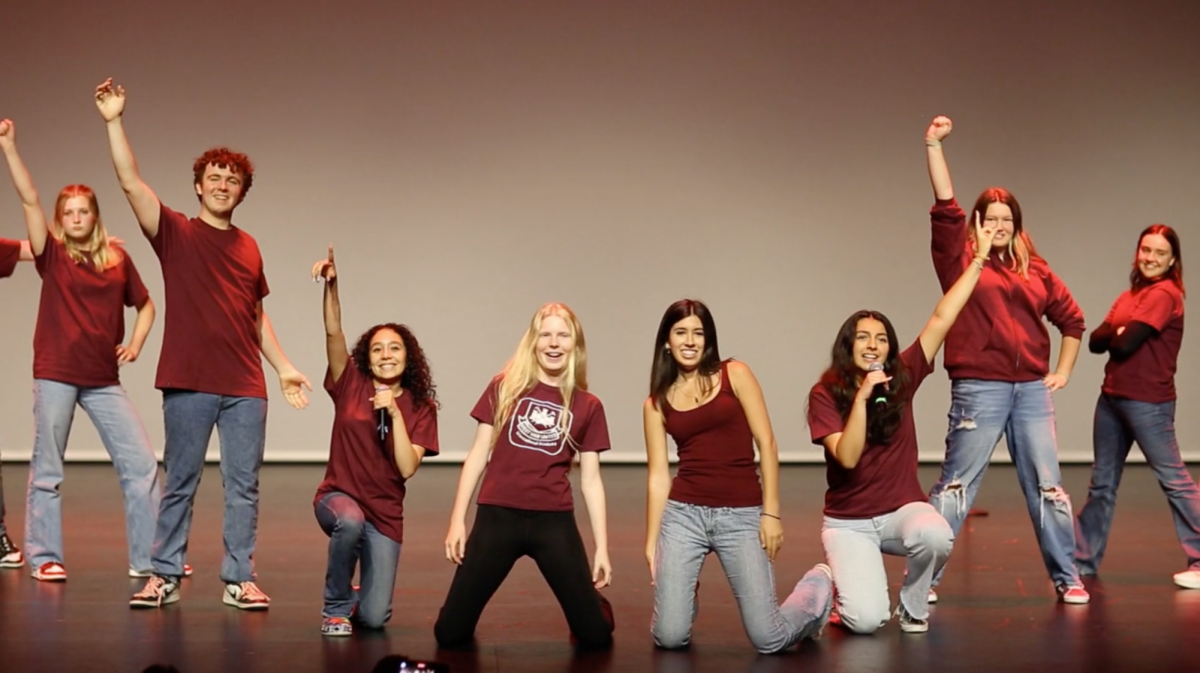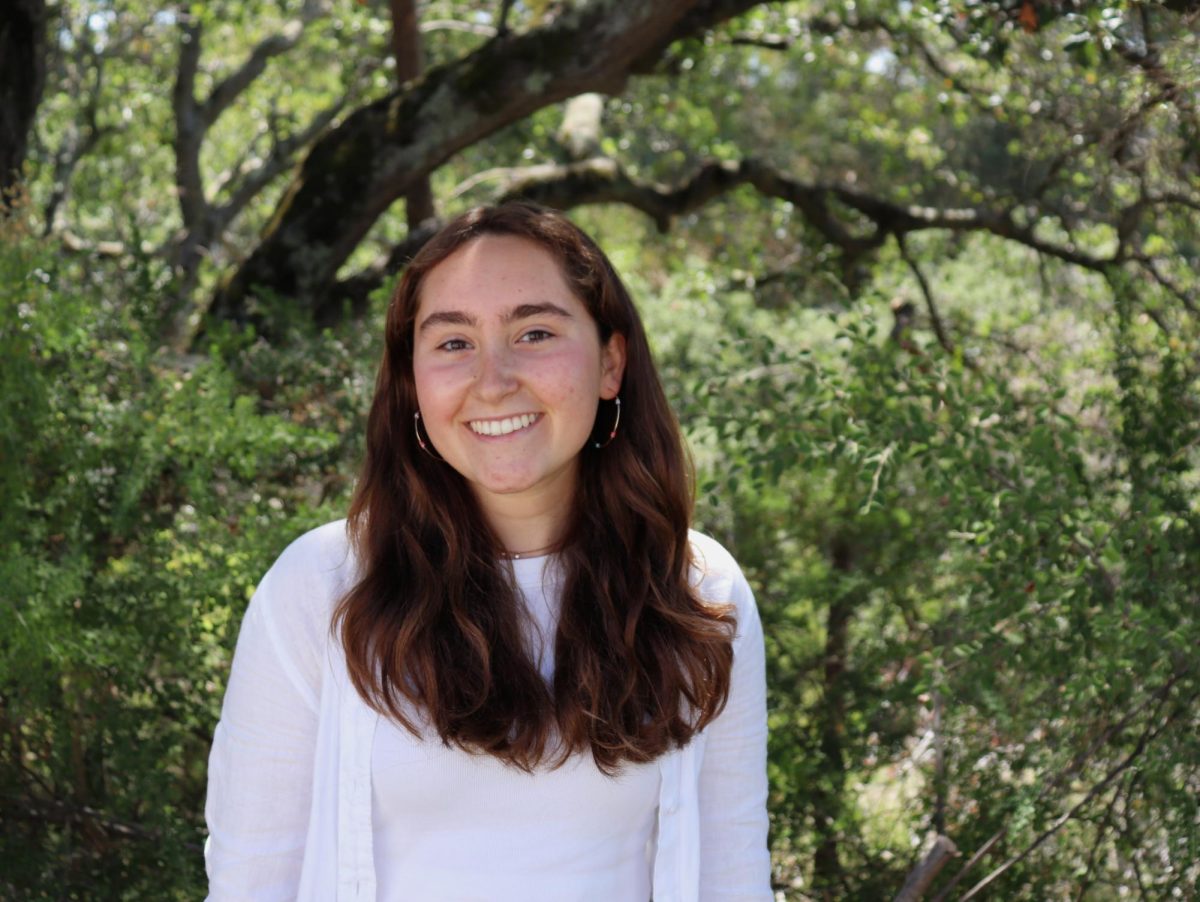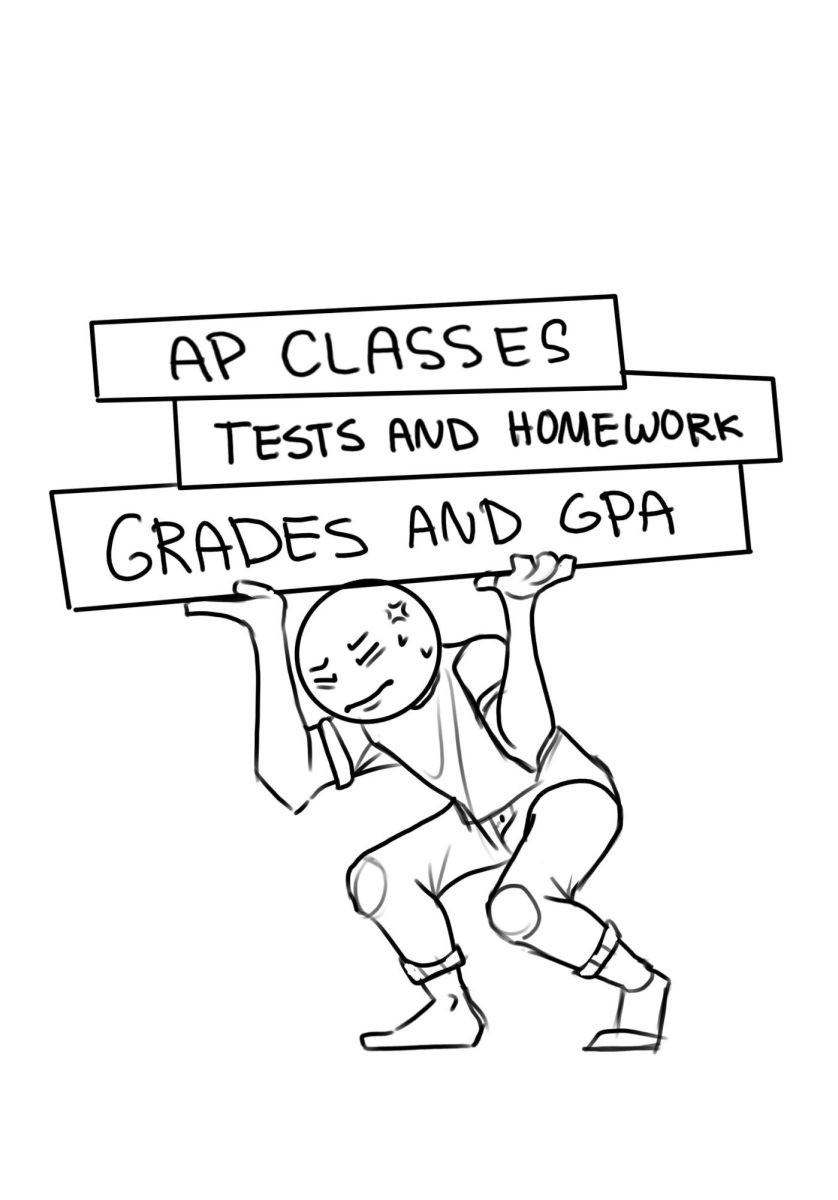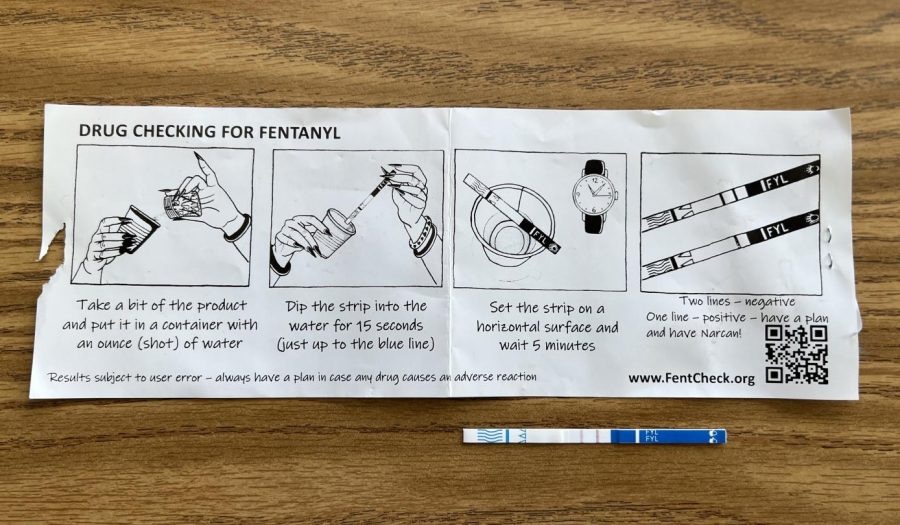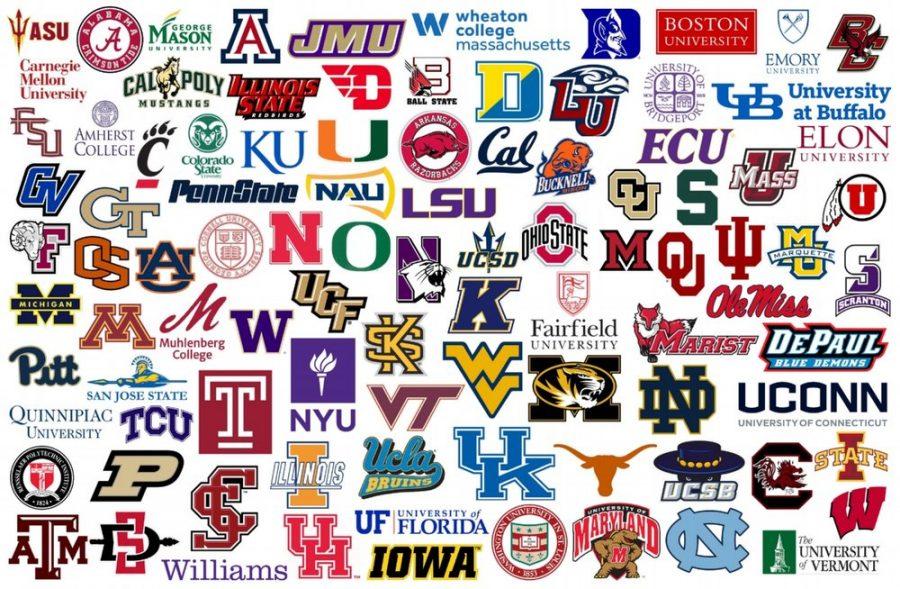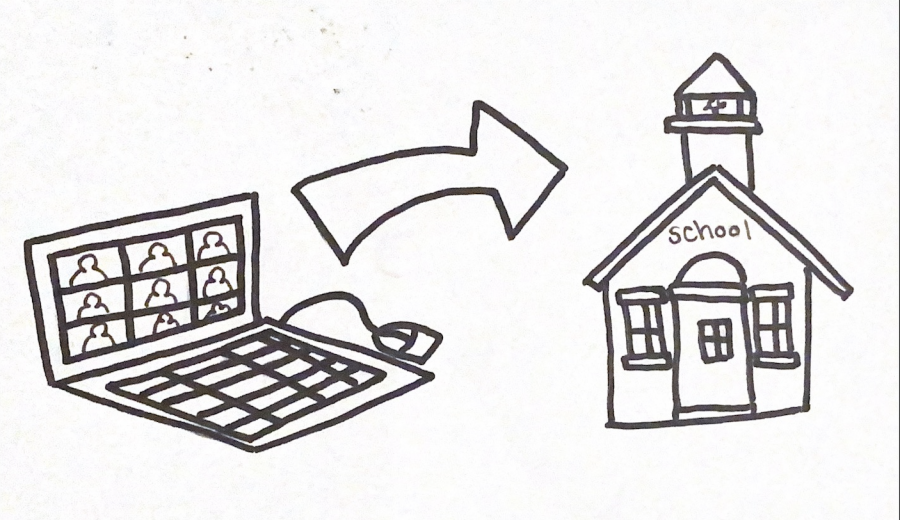A student walks into his classroom checking Facebook on his cell phone. The bell rings, and he takes a few more seconds to scroll down his newsfeed before putting his phone away. Is he breaking the rules?
Assistant principal Anne Dolid said that a school-wide policy develops when an issue arises about a particular topic. However, within the classroom, teachers are responsible for implementing their own classroom policies.
“Everybody follows ED Code,” Dolid said.
According to the California Department of Education, ED Code is a collection of laws that regulate the education system.
Dance P.E. and English teacher Amy Moorhead has an absence policy that does not allow students to earn points when they are not in class. However, students can recuperate points missed during an excused absence at a later time.
Moorhead said that she believes her absence policy keeps attendance strong and keeps parents from scheduling appointments during PE.
“It is as important to be in this class as much as any other,” Moorhead said.
Moorhead said that it is important to have a policy that addresses students who decide to not come to class and get it excused by a parent.
“I consider high school a stepping stone,” Moorhead said. “In college, if [students] miss a class like this, [they] can’t make up points. However in high school, [they] can.”
Math teacher John Hayden said that he is lenient when it comes to his absence policy. Students may receive full credit for assignments missed during an excused absence, as long as the assignment is turned in before the test.
“The practice is in the work,” Hayden said. “If they haven’t taken care of getting caught up, then the test will show that.”
Hayden said that he hopes his policy alleviates some of the stress that students face after returning from an absence.
“I’ve really come to focus on students as whole people, not just as math students who have to follow my rules,” Hayden said.
In addition to determining their own grading policies, teachers are entitled to create their own classroom bathroom policies as well.
History teacher Allison Cota has a bathroom policy that allows students to go to the bathroom as long as they pick up the toilet seat class bathroom pass.
“The pass is supposed to be funny,” Cota said. “If a student feels embarrassed I am completely willing to work something else out.”
Cota said that the pass also allows other teachers to know when one of her students is going to the bathroom during class.
“The idea is that [a student] will go straight there and [come] straight back,” Cota said. “I don’t want [them] to be wandering the halls and disturbing other classes.”
Cota said that she prefers the class bathroom pass policy because it allows students to go whenever and as many times as they need to.
“I feel like high school students know when they have to go,” Cota said.
Unlike Cota, Spanish teacher Virginia Leskowski enforces a bathroom policy based on a limited number of passes. Students receive five bathroom passes per quarter and must sign out whenever they go to the bathroom.
“The problem before I had this policy was that people always left and would miss chunks of material,” Leskowski said.
Leskowski said that she prefers this system because it allows students to use the bathroom without allowing them to disappear from class.
“It is a basic need and sometimes [students] just have to go during class time,” Leskowski said.
Sophomore Darion Guan said that he believes the best classroom bathroom policy is for students to ask the teacher before they go.
“I would abuse the [go-without-asking policy]” Guan said. “And the passes limit you too much because if you use them all up and have to go, it’s bad.”
Although there are no specific regulations about classroom bathroom policies, the school maintains campus-wide cell phone policy. According to the Piedmont High School Student & Parent Handbook, “may not be visible, let alone used, during class time.”
Dolid said that although this is a school-wide policy, there is no consequence for teachers who do not enforce the rule.
“The policy is there to support the classroom environment,” Dolid said. “If a teacher is not implementing it, there is little [the school administration] can do to support the teacher around the policy.”
Leskowski maintains a no cell phone policy in her classroom. She created the rule in order to limit misinterpretation of her cell phone policy.
“I find that it makes my intent more clear,” Leskowski said. “This way it is harder for students to work around the rule.”
Junior Alexander Magganas said that he understands teachers’ no-cell phone policies. However, he does not think that having cellphones in class is a big deal.
“Someone pulling it out for a second to check the time or something should just go unnoticed,” Magganas said. “I don’t know if confiscating is a good way of doing it, rather a deduction in participation point I feel is better.”
Leskowski also has a policy about not allowing food into her classroom. She said that she enforces this policy out of respect for the janitorial staff and other students.
“The classroom isn’t a kitchen and it is not fair for a student to have to deal with a mess that isn’t theirs,” Leskowski said. “It is also very hard to clean food spills out of the carpets.”
Hayden has begun to accept a more lenient food policy, allowing students to eat in class.
“My feeling about it is that a hungry student is not able to focus,” Hayden said.
Senior Allyson Chan said that she believes having a snack in class should be allowed, as long as it does not distract others or make a mess.
“I would really appreciate being able to eat in class, especially during morning periods or periods right before lunch, so I can snack on something before passing out from hunger,” Chan said.
Dolid said that a campus-wide policy is only created when there is something that the school feels must be implemented consistently.
“Having small policies about everything is irrelevant because in college, [students] have a lot more freedom,” Dolid said. “Therefore, [the administration] leaves smaller issues up to the teacher and puts more focus on larger issues.”





